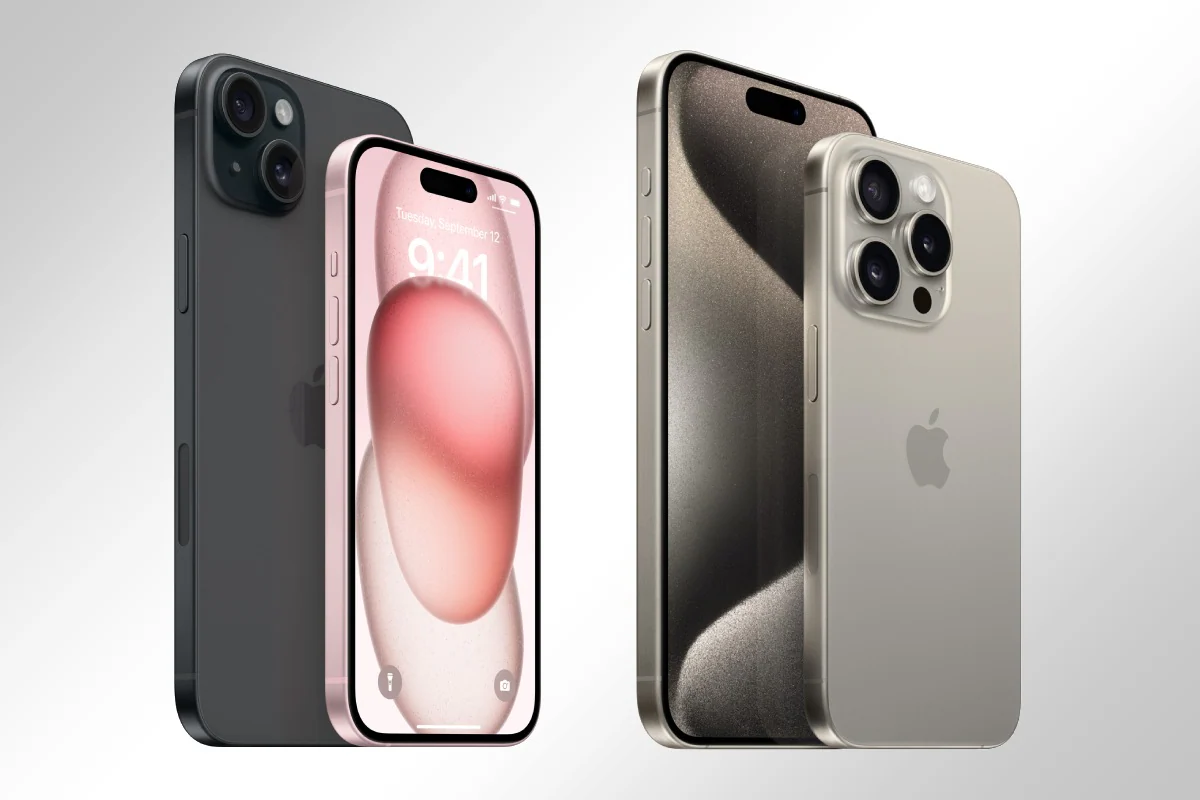Apple’s iPhone shipments in 2024 are poised for a significant downturn, according to industry analysts. This decline, projected to be around 10-15%, signals a challenging period for the tech giant, influenced by a combination of factors including intensifying competition, changing consumer preferences, and a lack of significant design innovations in the upcoming iPhone models.
Key Highlights:
- Predicted decline of 10-15% in iPhone shipments for both iPhone 15 and 16 series in 2024.
- Increased competition from Huawei and the rising popularity of foldable phones in the Chinese market.
- Apple’s market share in China dropped by 30-40% year-over-year.
- Analysts foresee no major design changes or AI integrations in iPhones until at least 2025.

The decline in iPhone shipments comes amid structural challenges within the smartphone market. Notably, Apple is yet to introduce a foldable phone model, a feature that is gaining traction among high-end users, especially in the Chinese market where rival Huawei is making a strong comeback. Additionally, the industry is shifting towards integrating Generative AI in mobile devices, a domain where competitors like Samsung are already making strides.
While Apple is known for its innovative designs and features, the company is not expected to introduce significant design changes or advanced AI applications in its iPhone models until 2025 at the earliest. This delay could affect Apple’s momentum in the smartphone market and its ecosystem growth.
Despite these challenges, Apple continues to innovate in other areas. The upcoming iPhone 16 series, for instance, is rumored to feature larger screens, a new Tetraprism periscope camera for enhanced optical zoom, and an upgraded A18 Bionic chipset in its Pro models. Furthermore, all four models in the 2024 lineup are expected to have a new Capture button to aid in spatial video recording, possibly for use with upcoming Apple AR/VR headsets.
Technological Evolution:
- Delayed AI Integration: While competitors are advancing in integrating Generative AI into their devices, Apple’s delay in adopting these AI-driven experiences might impact its market position. This hesitation could result in a slower growth rate for the company’s ecosystem.
- Lack of Significant Design Innovations: Analysts predict that Apple will not introduce major design changes in its iPhone models until at least 2025. This could impact consumer interest, as customers often seek novel features and designs in new smartphone purchases.
Apple’s Strategic Moves:
- Innovations in Other Areas: Despite the predicted decline in shipments, Apple is not standing still. The rumored iPhone 16 series is expected to feature larger screens, enhanced optical zoom capabilities with a new Tetraprism periscope camera, and an advanced A18 Bionic chipset in the Pro models.
- Focus on AR/VR: Apple is also rumored to be focusing on spatial video recording capabilities, potentially aligning with its interests in augmented and virtual reality technologies.
Conclusion: Apple’s expected decline in iPhone shipments for 2024 reflects a pivotal moment in the smartphone industry. With rising competition, evolving consumer preferences for foldable devices, and a slow pace in adopting AI-driven innovations, Apple faces a challenging year ahead. However, the company’s continued efforts in other technological advancements show that it is still a key player in the market, adapting and innovating in response to these new trends.

























Add Comment